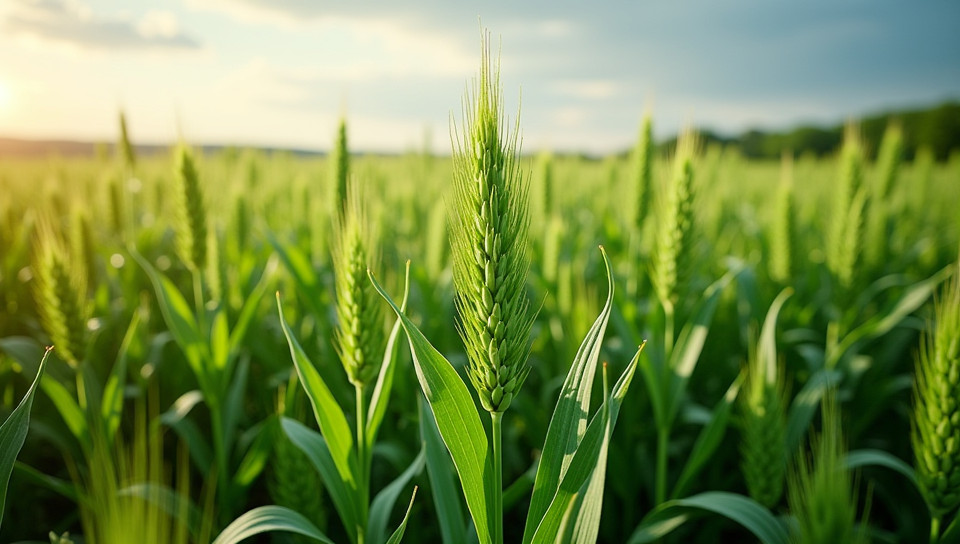Large-scale biomass farming reduces crop yields drastically 31%

The Dark Side of Large-Scale Biomass Farming
As the world grapples with the challenges of climate change, renewable energy has become an increasingly important part of our collective solution. One of the most promising alternatives to fossil fuels is biomass energy, which harnesses the power of organic matter to generate electricity and heat. However, a growing body of research suggests that large-scale biomass farming may have a devastating consequence: drastically reduced crop yields.
The Problem with Large-Scale Biomass Farming
Large-scale biomass farming involves cultivating crops specifically for their energy content, often using intensive agricultural practices. This approach can lead to soil degradation, water pollution, and loss of biodiversity. Moreover, the focus on energy production can divert resources away from food crops, exacerbating hunger and malnutrition in vulnerable communities.
The Impact on Crop Yields
Research has shown that large-scale biomass farming can have a profound impact on crop yields. A study published in the journal Agriculture, Ecosystems & Environment found that intensive corn production for ethanol led to a 25% reduction in soil organic carbon, resulting in lower crop yields over time.
The Risks of Soil Degradation
Soil degradation is a critical concern when it comes to large-scale biomass farming. Intensive tillage and monoculture practices can lead to soil erosion, nutrient depletion, and reduced fertility. This not only reduces crop yields but also makes the soil more susceptible to drought and other environmental stresses.
- Reduced biodiversity
- Soil erosion
- Water pollution
- Loss of ecosystem services
A Sustainable Alternative?
So what's the alternative? Rather than focusing on large-scale biomass farming, we should prioritize sustainable agriculture practices that promote ecological integrity and social justice. This might involve agroforestry, permaculture, or regenerative agriculture approaches that integrate multiple crops and ecosystem services.
Conclusion
The consequences of large-scale biomass farming are far-reaching and devastating. As we navigate the complexities of renewable energy production, it's essential to prioritize sustainable agriculture practices that promote soil health, biodiversity, and social equity. By doing so, we can ensure a more resilient food system and mitigate the worst impacts of climate change. The time for change is now – let's choose a path that prioritizes the well-being of people and the planet over short-term energy gains.
- Created by: Benjamin Kelly
- Created at: Aug. 17, 2024, 10:28 p.m.
- ID: 7611



